Document Author
Year Published
Topic
- (-) Remove Strategic Planning filter Strategic Planning
- (-) Remove Trial Court Self-Help filter Trial Court Self-Help
- 100% Access to Justice (5) Apply 100% Access to Justice filter
- Self-Help Centers (5) Apply Self-Help Centers filter
- Ethics Education (3) Apply Ethics Education filter
- Forms (3) Apply Forms filter
- Libraries (3) Apply Libraries filter
- Unbundling (3) Apply Unbundling filter
- Best Practices for Self-Help Centers (2) Apply Best Practices for Self-Help Centers filter
- Courts (2) Apply Courts filter
- Forms (2) Apply Forms filter
- Legal Aid (2) Apply Legal Aid filter
- Plain Language (2) Apply Plain Language filter
- Plain Language & LEP (2) Apply Plain Language & LEP filter
- Administrative Agencies (1) Apply Administrative Agencies filter
- Attorney Ethics (1) Apply Attorney Ethics filter
- Clerk, Self-Help Center Staff, and Librarian Ethics (1) Apply Clerk, Self-Help Center Staff, and Librarian Ethics filter
- Conferences & Summits (1) Apply Conferences & Summits filter
- Impact of Self-Represented Litigant Innovations on Cost and Efficiency (1) Apply Impact of Self-Represented Litigant Innovations on Cost and Efficiency filter
- Judges (1) Apply Judges filter
- Judicial Ethics (1) Apply Judicial Ethics filter
- Justice Tech Entrepreneurs (1) Apply Justice Tech Entrepreneurs filter
- LEP and Access (1) Apply LEP and Access filter
- Linking a Self-Help Center to Other Services (1) Apply Linking a Self-Help Center to Other Services filter
- Presentations (1) Apply Presentations filter
- Private Bar (1) Apply Private Bar filter
- Regulatory Concerns (1) Apply Regulatory Concerns filter
- Remote (1) Apply Remote filter
- Reports (1) Apply Reports filter
- Reports, Evaluations, Best Practices, Surveys (1) Apply Reports, Evaluations, Best Practices, Surveys filter
- Research (1) Apply Research filter
- Scaling in Court Systems (1) Apply Scaling in Court Systems filter
- Simplification (1) Apply Simplification filter
- Technology (1) Apply Technology filter
- Trainer of the Trainer Materials / Curricula (1) Apply Trainer of the Trainer Materials / Curricula filter
State
Tags
Post date
Search results
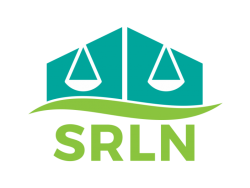
SRLN Brief: Plain Language Resources for 100% Access (SRLN 2015)
What is plain language? As described by the federal government on plainlanguage.gov, plain language is communication your audience can understand the first time they read or hear it. Plain language is recognized as an essential best practice in all access ...
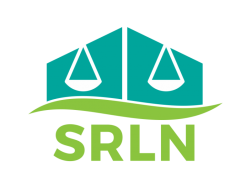
SRLN Brief: Rule 6.5- A Powerful Tool to Diversify Pro Bono and Transform Court Services (SRLN 2015)
Ethics rule 6.5 is a powerful tool to diversify pro bono programs and to transform court services because it allows unbundled lawyers to perform real time services in court-annexed programs without the onerous clerical burdens and limitations under the tr ...
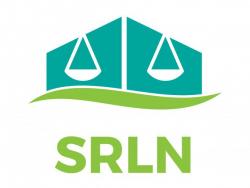
SRLN Brief: Case for Key Innovations to Support 100% Access (SRLN 2007)
Collection of single page briefing papers prepared by the SRLN in 2007 to help interested parties make the "case for" key innovations. The following topics are covered: • The Case for Self-Help Programs • The Case for Court-Based Forms and Inst ...
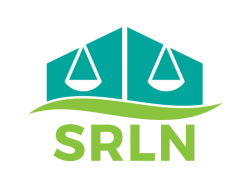
Curriculum: SRLN Court Solutions Conference Leadership Package (SRLN 2008)
The Self-Represented Litigation Leadership Package was prepared by the Self-Represented Litigation Network and launched at the Court Solutions Conference on September 8-10, 2008, in Baltimore, Maryland. The core of the Package is fifteen modules, each of ...
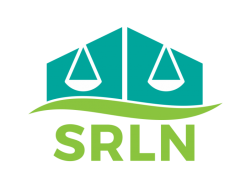
Resource: Resource Guide on Serving Self-Represented Litigants Remotely (SRLN 2016)
The Resource Guide provides options for courts and other entities interested in providing services to self-represented litigants using means that are not face-to-face, instead of, or in addition to, in-person alternatives such as walk-in services, worksho ...